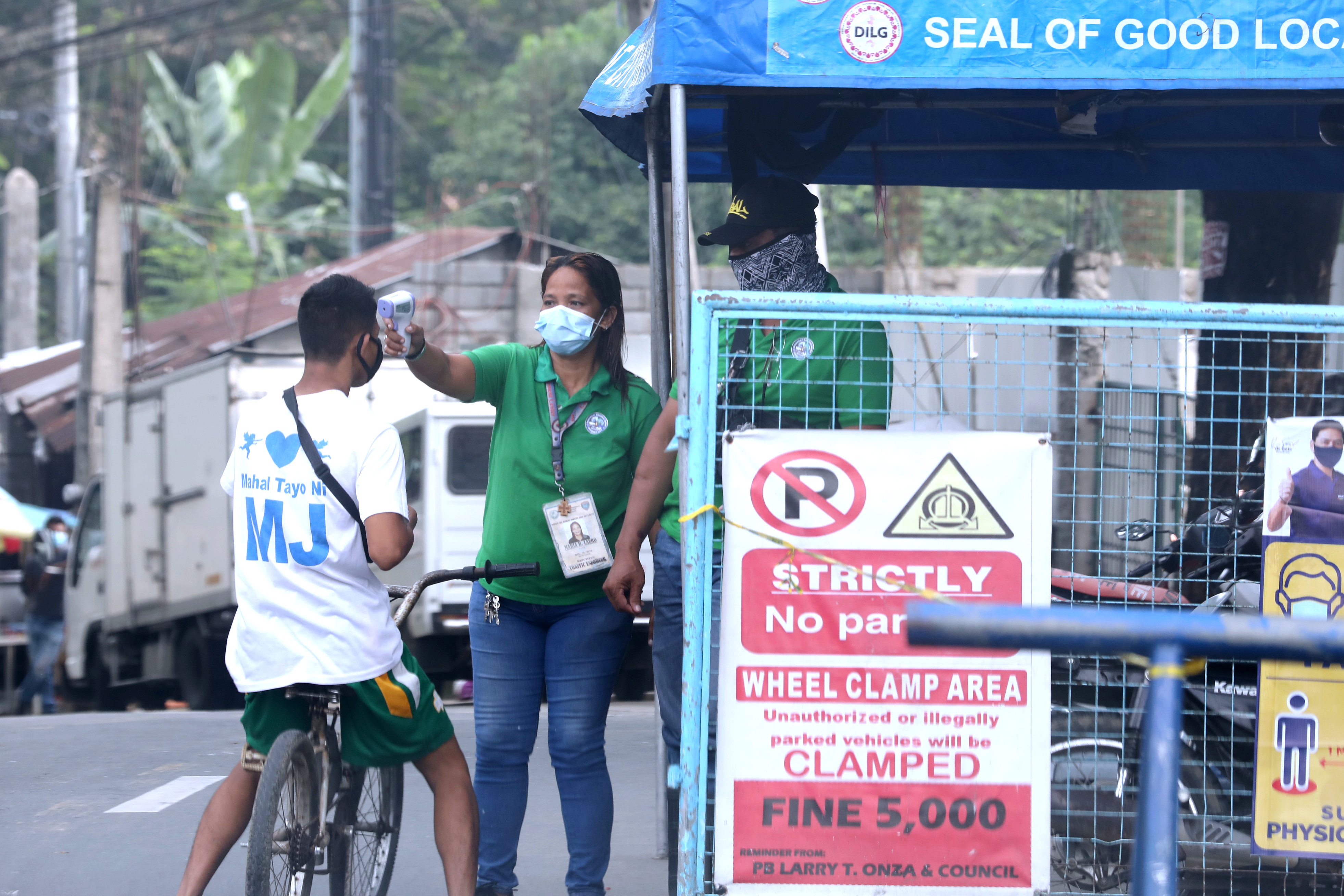News
Isabela province reverts to GCQ until Dec. 31

The rest of the country will be under the least stringent modified general community quarantine (MGCQ). (August 11, 2020). (PNA photo by Joey O. Razon)
MANILA – The province of Isabela, excluding Santiago City, has reverted to a stricter general community quarantine (GCQ) classification until Dec. 31, 2020 following a spike in coronavirus disease 2019 (Covid-19) cases in the area.
In a Palace press briefing, Presidential Spokesperson Harry Roque said reverting Isabela to a stricter GCQ classification was approved under Resolution No. 88 of the Inter-Agency Task Force for the Management of Emerging Infectious Diseases (IATF-EID).
“Ang paglalagay sa Isabela sa GCQ ay naka-base sa (Reverting Isabela to GCQ is based on the) moderate risk cross tabulation of average daily attack rate and two-week daily growth rate. At ito rin po ay dahil po sa hiniling at ni-recommend ng governor na si (and this was also the request and recommendation of Gov. [Rodolfo] Albano,)” he said.
President Rodrigo Duterte earlier announced that Metro Manila, the provinces of Batangas and Lanao del Sur, Davao del Norte, and cities of Iloilo, Tacloban, Iligan, and Davao will remain under GCQ until Dec. 31.
The rest of the country will be under the least stringent modified general community quarantine (MGCQ).
Meanwhile, Roque also announced that the IATF-EID also approved the mandatory wearing of face shields whenever persons go out of their residences.
The task force has strongly cautioned the public in the conduct of domestic travel and reiterated the pertinent provisions of the Omnibus Guidelines on the Implementation of Community Quarantine in the Philippines.
He said the public must comply with minimum public health standards at all times for the duration of the GCQ.
The movement of all persons in areas placed under GCQ will be limited to accessing essential goods and services, and for work in the offices or industries permitted to operate while movement for leisure purposes will not be allowed.
Mass gatherings such as movie screenings, concerts, sporting events, and other entertainment activities; community assemblies; and non-essential work gatherings will remain prohibited.
Gatherings that are for the provision of critical government services and authorized humanitarian activities while adhering to the prescribed minimum health standards will be allowed.
Religious gatherings in areas under GCQ will be allowed up to 30 percent of the seating capacity provided they are limited to the conduct of religious worship and/or service.
In areas under MGCQ, mass gatherings will be allowed provided that participants will be limited to 50 percent of the seating or venue capacity.
As of Monday, the country has 23,253 active Covid-19 cases, 418,723 recoveries, and 8,757 deaths.





















